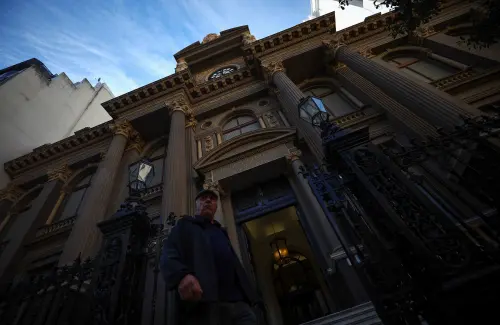Introduction
Argentina's central bank has introduced a comprehensive set of economic measures aimed at increasing the country's foreign exchange reserves, highlighted by a repurchase agreement (repo) of up to $2 billion.Context
This initiative coincides with an anticipated review by the International Monetary Fund (IMF) regarding Argentina's recently established financial agreements. The country has committed to enhancing its net foreign exchange reserves by $4.4 billion before the first review of the program, explicitly stating that it will not engage in local dollar purchases to achieve this goal. As of last December, Argentina's reserves were in a negative position.Developments
On June 11, the central bank will conduct a dollar repo auction in collaboration with international banks, building on a previous $1 billion operation initiated in December. These efforts are part of President Javier Milei's 'Phase 3' economic plan, which also encompasses the easing of monetary controls, floating the peso, and rectifying the central bank's balance sheet.Additionally, the central bank announced a shift to a market-determined interest rate, moving away from fixing a monetary policy rate. This adjustment aims to establish a more conventional framework for controlling monetary aggregates, thus eliminating the concept of a targeted monetary policy interest rate typically associated with inflation control efforts. Consequently, the interest rate will now be set by market forces in accordance with a system focused on monetary aggregates. While the bank did not provide further specifics, the previous benchmark rate had been 29%.
The new measures contribute to a stronger reserve framework, which was enhanced in April when Argentina permitted the peso to float within a range of 1,000 to 1,400 pesos per dollar and lifted capital controls that had previously limited access to dollars.
